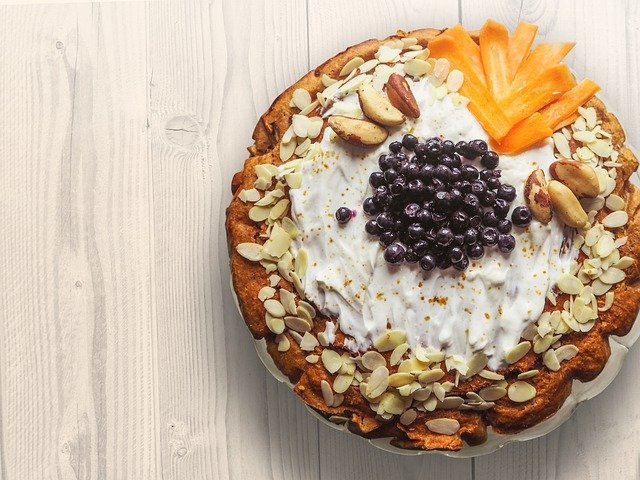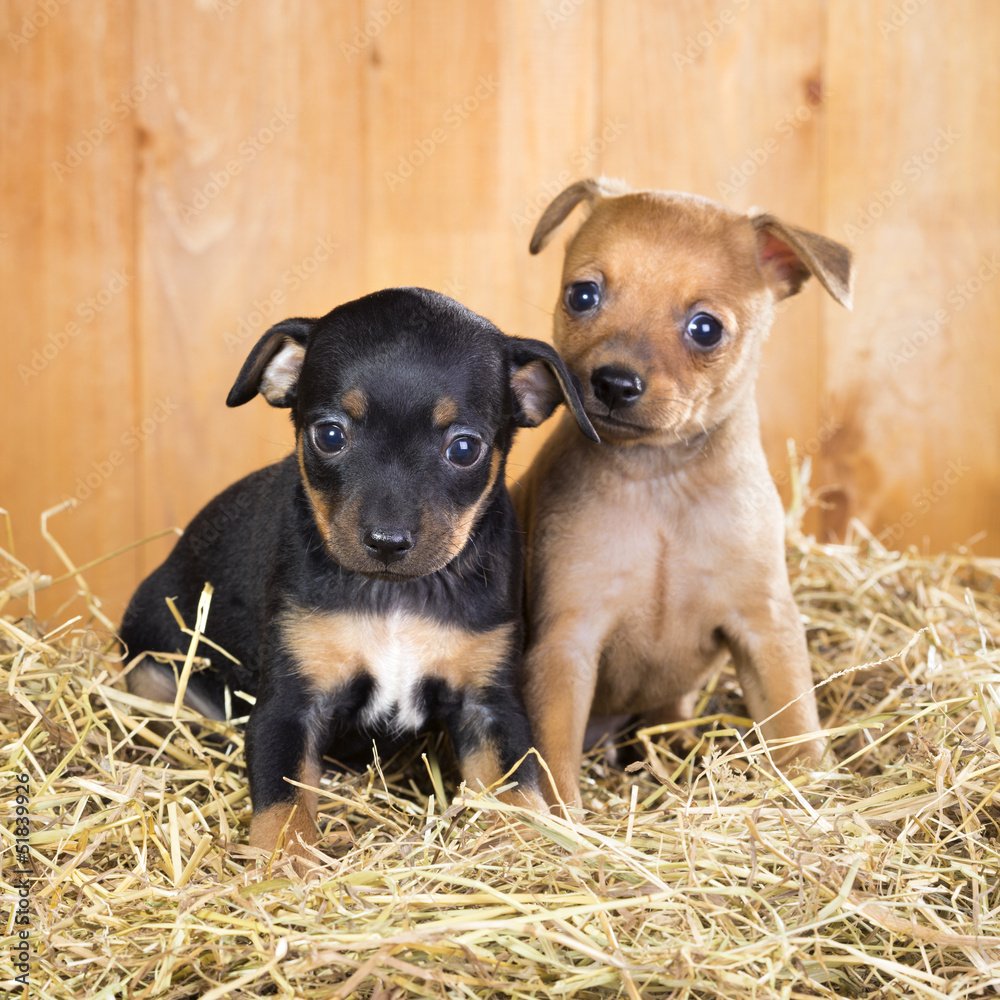As a pet owner you have be careful about your pet’s food and nutrition. Feeding your puppy a healthy balanced diet is essential for their proper growth and development. But finding the proper diet isn’t an easy task. Preparing homemade puppy foods may be a rewarding and beneficial option in terms of commercial puppy foods. It may save your money and fulfill your puppy’s specific needs. Here’s a comprehensive guide to help you prepare homemade puppy food which are very nutritious and tasty.

Why Homemade Puppy Food?
- Freshness: When you choose your puppy food, freshness is a concern. Homemade meals are fresher than commercial one. Homemade puppy food provide better taste and add more nutrient value.
- Quality Control: Food quality is an important factor for your dog. When you have complete control over the ingredients, allowing you to avoid fillers, artificial ingredients and preservatives which are commonly found in commercial dog foods, the quality of your food may be better.
- Customization: Homemade food allows you to customize the food on the basis of your puppy’s specific needs and preferences. You can also prepare the food according to dietary restrictions they may have.
Essential Ingredients for Homemade Puppy Food
- Vegetables: Vegetables are the common source of vitamins and minerals. Vegetables like carrots, peas, green beans and spinach which are safe for dog are the best options. Make sure to cook them to help in digestion and the avoidance of any harmful vegetables like onions or garlic is also needed in this regard.
- Fruits: Fruits can also be a great source of vitamins like vegetables. Fruits include apples (without seeds), blueberries and bananas which are Safe for your dog are the best options. Moderation is needed when you offer them.
- Proteins: Protein is crucial for a puppy’s growth and muscle development. Chicken, turkey, beef, lamb and fish are the best options for high-quality protein sources. Make sure the meat is cooked thoroughly to eliminate any potential pathogens.
- Carbohydrates: Carbohydrates are needed to increase energy level. Healthy sources like brown rice, quinoa or sweet potatoes are the best choice. Avoid excessive amounts of starchy vegetables and refined carbs.
- Fats: Fats are important for developing a shiny coat and overall health. Addition of a small amount of fish oil or flaxseed oil to your puppy’s meals makes better.
- Calcium: For bone development calcium is needed. When you prepare homemade food, you may use crushed eggshells or a calcium supplement to ensure they get enough calcium.

Ingredients to Avoid
All human foods are not safe for puppies. Avoid some food, which are not good for your puppies health:
- Chocolate: Toxic to dogs.
- Grapes and Raisins: Can cause kidney failure.
- Onions and Garlic: Harmful to a dog’s red blood cells.
- Artificial Sweeteners: Particularly xylitol, which is highly toxic.
How To Prepare Homemade Puppy Food?
Here’s a simple process about preparing homemade puppy food:
Ingredients:
- 1-2 cups of lean ground chicken
- 1 cup of chopped spinach
- 1/2 cup of peas
- 1 cup of chopped carrots
- 1/2 cup of cooked quinoa
- 1/4 cup of fish oil or flaxseed oil (optional)
- Crushed eggshells or calcium supplement as needed
Instructions:
- Cook the Chicken: In a large pan, cook the ground chicken over medium heat until fully cooked. Drain off any excess fat.
- Prepare Vegetables: Add the chopped carrots, peas and spinach to the pan with the chicken. Cook until the vegetables are tender.
- Mix in Quinoa: Stir in the cooked quinoa and cook for another few minutes to combine all ingredients.
- Add Supplements: If using, add the fish oil or flaxseed oil and mix well. Also, add crushed eggshells or a calcium supplement if necessary.
- Cool and Serve: Allow the food to cool before serving it to your puppy. Store any leftovers in an airtight container in the refrigerator for up to 3 days, or freeze for longer storage.

Tips for Homemade Puppy Food
- Consult Your Vet: Before making any significant changes to your puppy’s diet, consult with a veterinarian. They can provide guidance on portion sizes and any additional supplements your puppy may need.
- Balance the Diet: Ensure you provide a balanced diet by varying the ingredients and including all essential nutrients.
- Portion Control: Serve appropriate portions based on your puppy’s age, size, and activity level. Avoid overfeeding to maintain a healthy weight.
- Monitor Your Puppy: Observe your puppy for any changes in their health or behavior after starting a new diet. Adjust the recipe as needed based on their growth and health.
- Keep It Clean: Always use clean utensils and prepare the food in a sanitary environment to avoid contamination.
Preparing homemade puppy food can be a rewarding way to give your furry friend nutritious and high-quality meals that are customized to their needs. By choosing the right ingredients and guidelines, you’ll be on your way to raising a happy, healthy, and well-nourished puppy. Always consult with your vet to make sure your homemade diet meets all their nutritional requirement.



